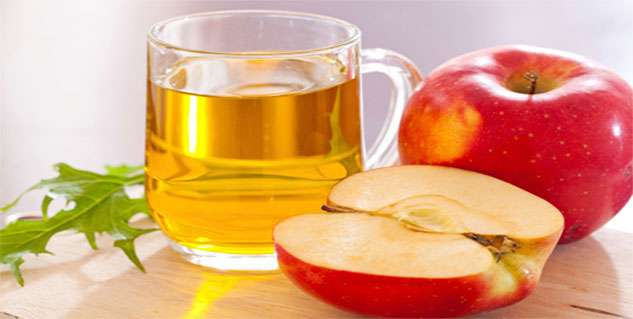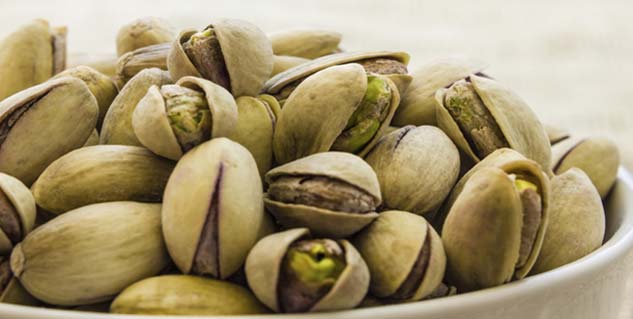Functional Foods: Cholesterol Lowering Spreads
Cholesterol is an essential component of cell membranes and a basic component of a number of important molecules in the human body.
However, a raised level of cholesterol in the blood may increase an individual’s risk of developing coronary heart disease, which is the biggest cause of premature death in adults in the UK.
Blood cholesterol levels should ideally be below 5.2 mmol/l.
However, not all scientists agree that ‘the lower the better’ applies to cholesterol levels. Furthermore, it may be unwise to attempt to lower cholesterol levels in healthy children.
Cholesterol is made in the body and also present in the diet.
Dietary cholesterol also contributes to blood cholesterol levels, the main sources being offal, egg yolks and shellfish.
Dietary cholesterol has less impact on blood cholesterol levels than saturated fatty acids intake. So a weight management programme identifying and reducing these sources makes sense.
How can blood cholesterol be influenced?
Making dietary changes can usually lower raised blood cholesterol levels. The most effective dietary change is to reduce intake of saturated fatty acids. The major sources of these in the UK diet are cakes, biscuits and pastries (11%); oils and spreads (22%); fatty meats and meat foods (22%); and traditional dairy foods (27%).
Lifestyle changes such as being more physically active and losing excess weight are very important too.
These new products contain plant sterols or plant stanol ester. These ingredients are naturally occurring substances found in many grains such as wheat, rye and maize, and usually are present in the diet in small amounts.
Plant stanol ester and sterols have a similar structure to cholesterol and so have the ability to inhibit the absorption of cholesterol in the gut.
Therefore, these foods may be helpful for those with raised blood cholesterol levels, if the product is substituted for a standard product and eaten as part of a cholesterol-lowering diet and in conjunction with a healthy lifestyle.
As with many compounds that alter the metabolism of fat, one potential issue could be that such products also reduce the uptake of fat soluble vitamins present in the diet. This is because these vitamins require the presence of fat (from the diet) and bile produced by the liver for their absorption.
Not a magic answer
It is important to recognise that foods like these only address one risk factor for coronary heart disease. Cholesterol lowering foods should not be considered an alternative to a healthy balanced diet or a healthy lifestyle.
Probably the most effective ways of reducing heart disease risk are to give up smoking and be more physically active.
It is important to increase intake of fruit and vegetables to at least 5 portions per day. Fruit and vegetables and also beans, pulses and some grains (e.g. oats) contain soluble fibre that may help lower blood cholesterol levels.
In addition, the oils found in oily fish have been shown to have a beneficial effect on different factors in the blood and may be effective in reducing risk. It is also important to cut down on fat, particularly sources of saturated fatty acids by, for example, selecting leaner cuts of meat and lower fat dairy foods, and reducing intake of fried foods, pastries and biscuits. In other words the dietary message is one of balance and variety.
Best wishes,
Garth Delikan
The Lifestyle Guy - Personal Empowerment Coach
-
Street Lamps, One Of The Greatest Street Furniture Of All Time
Lamps of the Past Street lamps are probably one of the most commonly
-
4 Things To Avoid When You Are Trying To Lose Weight
Starting on a new plan that promises to help you with losing your exce
-
Teen Obesity: A Rising Problem in the U.S.
Teenage obesity in the United States has grown considerably in rece
-
Why Most Weight Loss Programs Fail Miserably
Many strategies on addressing the obesity epidemic stress changes in d
-
7 Step Weight Loss Troubleshooting Plan
When you make a real com
-
The Gluten Free Diet
Celiac disease is an auto-immune disease that is triggered by the c
- DON'T MISS
- Weight Loss – Let Walking Do the Losing
- Five Solutions That Can Help You Get Rid Of Your Weight Loss Problems
- A Soda A Day How Is It Affecting Your Weight
- How To Satisfy Your 9 Types Of Cravings
- 3 Foods To Avoid If You Want To Lose Weight
- Lose Weight Motivation Weight Loss Success Stories
- Obesity is Becoming a World Wide Problem
- Start Making A Decision To Lose Weight
- The Easily Ignored Dangers Experienced with Some Weight reduction Products
- The Secret To Weight Loss Success




